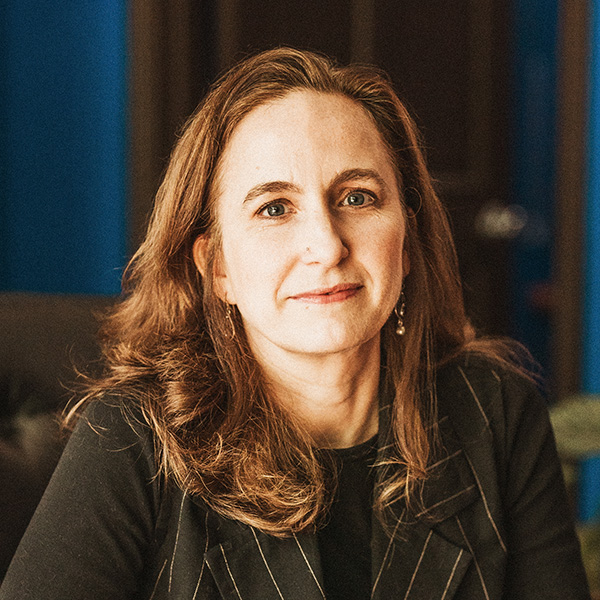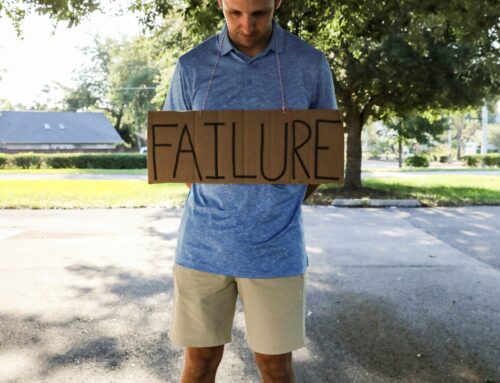
My Mom used to tell me I’d make a great lawyer.
Undoubtedly this was usually said in frustration because I was arguing with her about something she wanted me to do that I didn’t want to do, but this suggestion would always irritate me. I had absolutely no desire to be a lawyer.
“But you’re so good at arguing,” she would say. I am, actually, reasonably good at arguing. But I don’t enjoy it.
If we’re lucky enough to grow up with adults around us who are paying attention, we’re told about the potential we have, by people hopeful we will make use of that potential in some way. We may feel like we’re disappointing people, or letting ourselves down, if we don’t live up to that potential. But actually:
No one lives up to all their potential.
This is a truth we don’t like to talk about. In his book Four Thousand Weeks: Time Management for Mortals, Oliver Burke notes that our culture doesn’t generally acknowledge that we have limits, that we will never have enough time, that we will never be able to do everything we think is important. Embracing that truth, he argues, makes for a much better life.
There are many things I might have been but will never be. Some of those, like being a lawyer, are pretty easy to accept. Some of them are harder. I would love to be fluent in another language. It would be nice to pick up the violin I used to play when I was a kid but haven’t touched in 20 years. I have more than a few books and online courses in my mental to do list. Right now, though, I have other priorities.
Our culture regards unfulfilled potential as a tragedy. But this is pretty small thinking. We make choices to pursue some things and not other things. That’s just prioritizing. There will always be what ifs. There will always be roads not taken.
Make a list of the things you have potential to be or to do but aren’t planning to pursue. Start with the easy ones, then get to at least a few that are harder. What would it be like to decide you won’t do these things, maybe ever, or maybe just not this year? What would you be free to focus on if you let yourself off the hook about that?
Share this article

Kathryn Stinson
I help passionate people identify and dismantle the cultural drivers of burnout, so they can serve their big visions without burning out. Find information and strategies for dealing with burnout here, or reach out to work with me.
Subscribe
Each month I take a deep dive into one aspect of resisting burnout.
Monthly Deep Dive Letters name cultural dynamics that generate burnout and open doors to imagining how we might do things differently. For examples of what I write about, take a look at the blog.
No productivity tips, and no motivational pep-talks. Just in depth, thoughtful content to support you in resisting burnout culture. You’ll also be notified of new events and programs.





